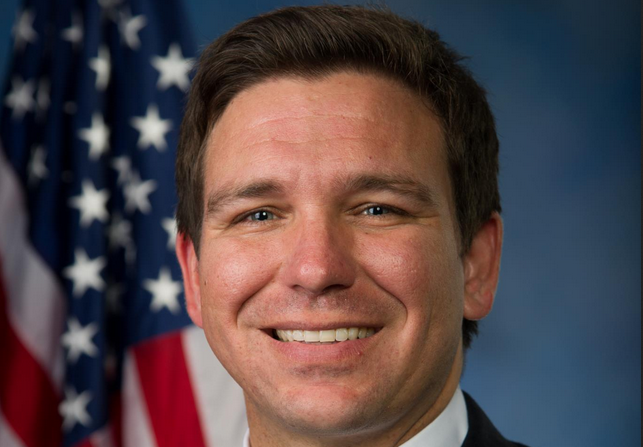A Florida bill to ensure parents are involved in their child’s decision to have an abortion i snow state law, thanks to Gov. Ron DeSantis.
Senate Bill 404 requires a girl under 18 to have at least one parent’s permission before going through with an abortion. The bill includes exceptions for medical emergencies and allows a judge to grant permission instead of a parent. It also increases the penalties for not caring for an infant born alive during an abortion.
Sponsor state Sen. Kelli Stargel, R-Lakeland, who struggled through a teenage pregnancy herself, said the bill will protect young girls and strengthen families.
“I think this is strengthening the family and making sure that when you have those difficult situations that t here is a conversation. A discussion,” she said.
here is a conversation. A discussion,” she said.
Abortion advocates opposed the pro-life bill, claiming that underage girls should be able to get abortion without their parents’ knowledge or consent, and, as The Floridian reports, pro-abortion groups plan to file a lawsuit if it passes.
“I don’t think the parent should have the veto power of a child that wants to have an abortion,” said state Sen. Gary Farmer, a Democrat. “Unlike notification, in this bill, the parents need to sign off consent to the abortion happening, and I don’t think that any woman should have their right to control their body determined by another person.”
But Dr. Grazie Pozo Christie says that, as a physician, she knows the bill DeSantis signed will help young girls.
“It is welcome news that Florida is now set to become the sixth state to require both parental consent and notice before minor girls can get an abortion,” she says. “Ensuring that a child’s parents are involved before any medical or surgical procedure is performed on a minor patient makes sense in any state.”
The physician says this law is vitally important in Florida.
Click Like if you are pro-life to like the LifeNews Facebook page!
“In Florida, though, it makes extra sense. Florida is home to a huge immigrant population, many of them undocumented and vulnerable, and special care should be taken to protect these vulnerable girls. Surprisingly, abortion is often excluded under existing commonsense parental consent laws, even though it is an invasive surgical procedure with significant potential for harmful complications,” Pozo said.
Dr. Pozo said the new pro-life law makes abortion congruent with other medical procedures and laws affecting minors.
“In Florida, for instance, it is illegal to tattoo a child under 16, and parental consent is required for minors between 16 and 18. Anyone with a child in school knows how delicately and diffidently school administrators handle any medical intervention, even the administration of Tylenol for cramps. Surgeons would lose their licenses if they performed a tonsillectomy on a child without informing the parents or guardians or seeking their consent,” she said.
About 1,500 underage girls have abortions in Florida each year, and about 200 request judicial waivers so they do not have to tell their parents, according to the Miami Herald.
Parental consent laws help protect young girls. They can help young victims of sexual abuse who may be forced or coerced into an abortion by their abuser. The laws also help protect vulnerable teens from making a hasty, uninformed decision to abort their unborn babies – something they may later regret. Research shows that these laws help save unborn babies from abortions.
Currently, 37 states require some form of parental involvement before a minor aborts her unborn baby. Recently, however, Illinois, Massachusetts and Rhode Island considered pro-abortion bills to end their parental involvement laws.
Polls show strong support for parental involvement laws. A Gallup poll found 71 percent of Americans favor laws requiring parents’ involvement in a minor’s abortion decision.
Three decades ago, the Florida Supreme Court struck down a similar parental consent law, but pro-life lawmakers believe Stargel’s bill will be upheld, if challenged. The state high court also has a conservative majority now.








